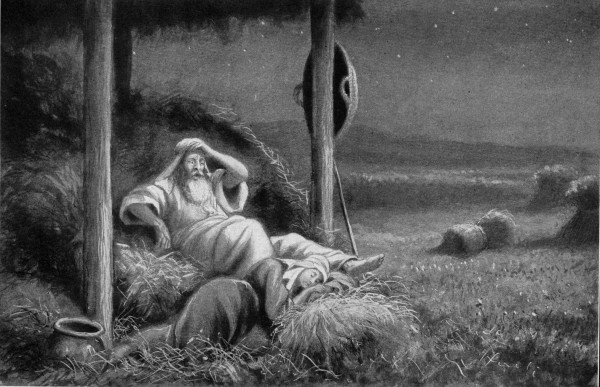NB: Rick’s comment made me realize that I did not clarify at the outset that I was not commenting directly on the merits of Howell’s hiring or firing. I was commenting on the practice of allowing an organization or donor outside of the university dictate the hiring or firing policies.
The University of Illinois is receiving a lot of flak right now over the decision to not reappoint a lecturer of Catholic thought. From Inside Higher Ed:
The way the University of Illinois teaches Catholic thought has attracted widespread attention in the last week with the news that a long-term instructor, Kenneth Howell, was told that he would not be rehired, following complaints about an e-mail message he sent to students, which many viewed as misinformed about homosexuality, and as hostile to gay people.
The full piece is worth reading as it presents the arguments and concerns quite clearly. It seems that for decades UI has had an arrangement whereby St. John’s Catholic Newman Center vets, approves, and pays the salary for this instructor who then teaches courses within the religious studies department. Needless to say, this has brought up questions of separation of church and state (UI being a state school) and academic freedom.
As someone who has always taught religious subjects in secular schools, both private and public, as well as having directed both Jewish studies and religious studies programs, I have very strong and clearly formed views about such hirings. I can certainly understand the origins of such a position and payment situation. It was a common scenario in Jewish studies as well where the college or university had its roots (or assumptions) in Protestant traditions and the only way other religions were to be taught was through external funding. Such funding often comes with pressures and guidelines from the donors. But that is not where UI is anymore. They have a well established department of religion with top-notch faculty.
In order for religious studies to maintain its integrity and for the proper academic (as opposed to apologetic) teaching of the subject matter, it is imperative that the department and faculty make hiring decisions according to appropriate guidelines. In such a manner the process can be assessed and put under the usual rigors of the hiring and tenure process rather than being at the capricious whims of the donor. (I wonder what the outcry would have been had St. John’s not renewed Howell’s contract?) Catholic thought is certainly a field that is appropriate for a department of religion and I hope that UI funds a permanent tenure-line appointment within the department of religion.



4 thoughts on “Teaching religion at a secular university”
At another level, I expect my math and physics professors to be believers in what they are teaching. Then there is the fact that the religion of environmentalism is always taught by advocates in state schools. Economics is frequently taught by proselytizing socialists, women studies by angry feminists and psychology by obsessive compulsive hedonists, as if these were the only positions that were logically possible. I personally would rather study modern Islam under an Imam, as long as he is truly a scholar and advocate of his religion. No doubt that would mean listening to ideas that offend me as a Christian, but you can’t learn another person’s beliefs and censor those beliefs at the same time.
I read the news story and the email in question. UI’s handling of the matter is deeply troubling even if one completely disagrees with Howell’s views. It seems to me the email is not so much about Howell’s personal views (which surely they are) as trying to explain Catholic thought. That an anonymous student can complain about this (a professor explaining a viewpoint which s/he doesn’t like) label it “hate speech” and bring to an end 9 years of otherwise fine teaching – that is not good. One wonders how many other students have listened to professors say things they find offensive (“sitting by the fire believing in God” comes to mind) – and either (a) they just sit and take it which is fair enough welcome to the world of adults or (b) they do complain and the university defends the professor which also may be fair enough welcome to the world of adults.
It seems to depend on whose ideological ox is getting gored. This is what I find troubling and offensive. How the rules seem to change depending on the situation. Would it kill the UI administrators to say “I completely disagree with this professor but hey this is a university and this guy is just explaining the material grow up and deal with it”?
Loony – I don’t think that having a faculty member appropriately hired by the faculty precludes them also having faith convictions. It can make it difficult and it is a naive fallacy to assume that faculty will be “objective” in making such hirings. A good faculty member ought to be able to expound on what a faithful Muslim would believe as well as articulating varying critical views, so faith should not be a prerequisite nor should disbelief.
Rick – I suppose I should have made it clear that I was not commenting directly on the merits of Howell’s hiring or firing. I was commenting on the practice of allowing an organization or donor outside of the university dictate the hiring or firing policies. As you know very well, my personal experiences include just such idealogical battles as you describe. But those battles become far more complicated when the usual procedures and policies are not followed.
Nah it’s cool Chris. I understood that you weren’t taking a position on that specific matter as much as reflecting on the issue in general. Which is why maybe I didn’t need to comment on the specific matter!